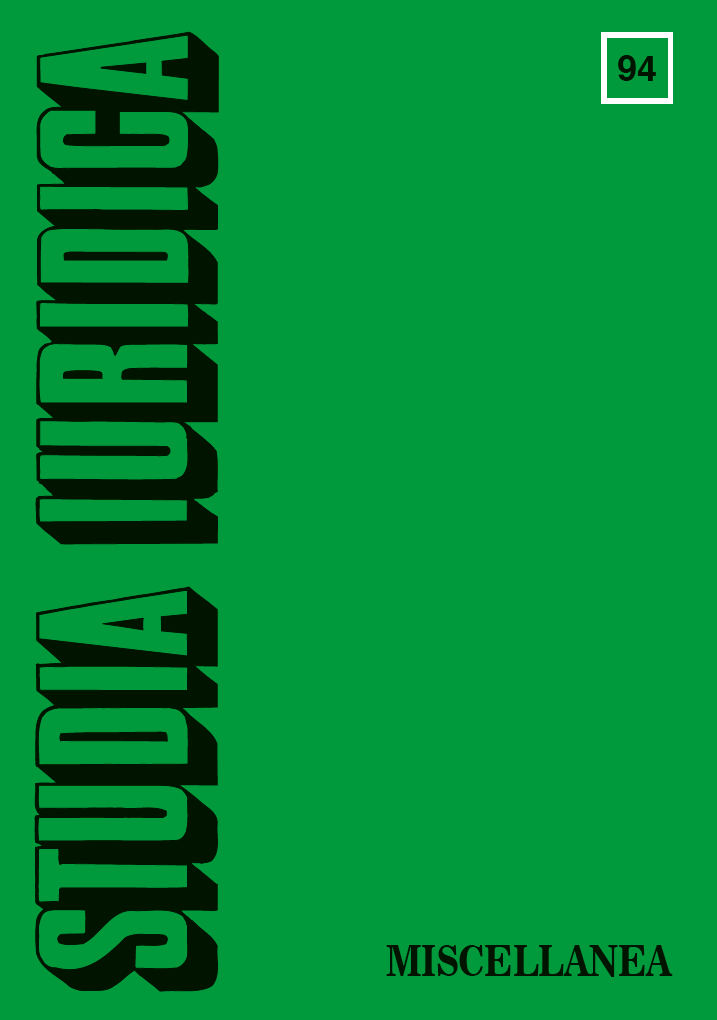PROBLEM STOSOWANIA NIELEGALNYCH AKTÓW WYKONAWCZYCH PRZEZ ORGANY ADMINISTRACJI PUBLICZNEJ (NA PRZYKŁADZIE ROZPORZĄDZEŃ EPIDEMICZNYCH)
THE APPLICATION OF ILLEGAL EXECUTIVE ACTS BY PUBLIC ADMINISTRATION AUTHORITIES (ON THE EXAMPLE OF EPIDEMIC REGULATIONS)
Author(s): Aleksander Jakubowski, Janusz RoszkiewiczSubject(s): Constitutional Law, Administrative Law
Published by: Wydawnictwa Uniwersytetu Warszawskiego
Keywords: real constitution; epidemic; COVID-19; regulations; general administrative act; hierarchical rule; criminal liability of officials
Summary/Abstract: The paper concerns the application of illegal regulations by public administration authorities. This issue is presented in relation to regulations introduced to prevent the spread of COVID-19. The authors believe that the adoption of these regulations and their application prove that ‘the real constitution’ – as it was described by Ferdinand Lassalle – prevails over the written constitution, which in practice becomes only a ‘piece of paper’. The analysis leads to the conclusion that the epidemic regulations were enacted in clear violation of law as they: (i) crossed the limits of statutory delegation; (ii) violated the constitutional principle of the exclusivity of the statute on limiting civil rights and freedoms; and (iii) violated the constitutional prohibition against impairing the essence of rights and freedoms. Therefore, the public administration authorities should refuse their application. The authorities must observe the hierarchical rule regarding the sources of law. Consequently, they have to refuse the application of every regulation which manifestly violates a statute, a treaty or the Constitution. In cases other than a direct contradiction between the regulation and the higher-level source of law, in order to decide whether there is indeed a manifest violation, the authorities should refer to case law (consuetudo secundum legem principle) or the opinio communis of legal scholars. Moreover, applying a regulation despite the fact that it manifestly violates a statute, a treaty or the Constitution leads to the criminal liability of a public office-holder (e.g. an official, a police officer) under Article 231 of the Polish Criminal Code.
Journal: Studia Iuridica
- Issue Year: 2022
- Issue No: 94
- Page Range: 92-121
- Page Count: 30
- Language: Polish

